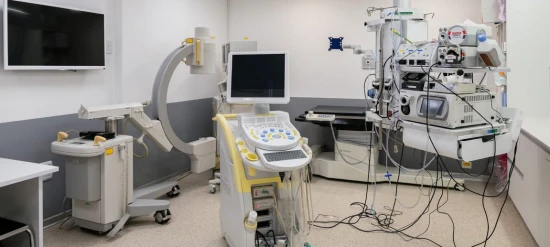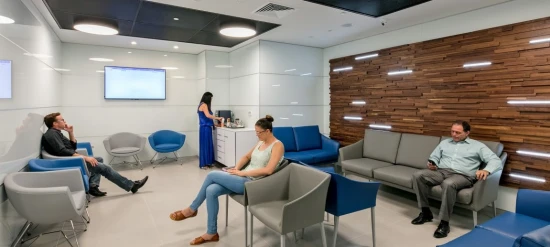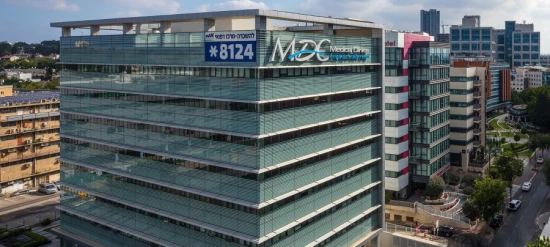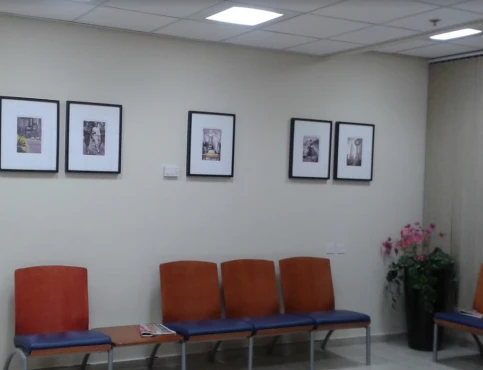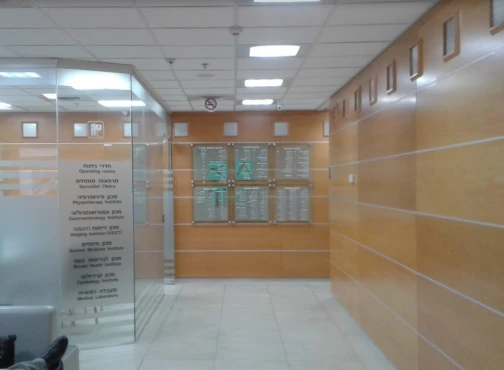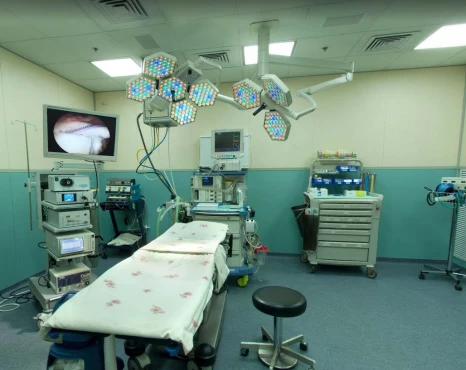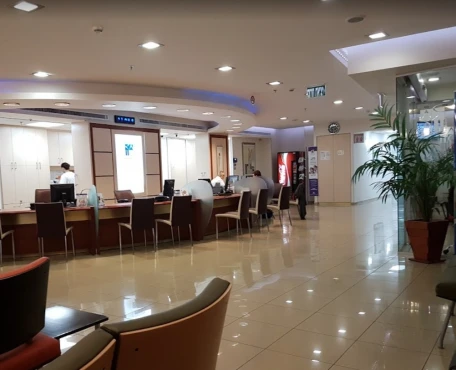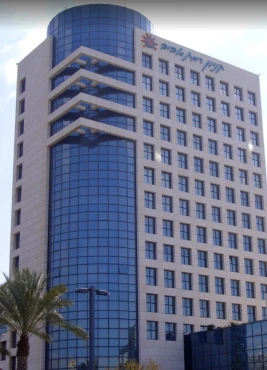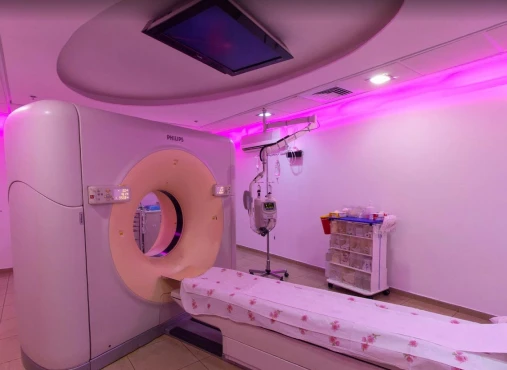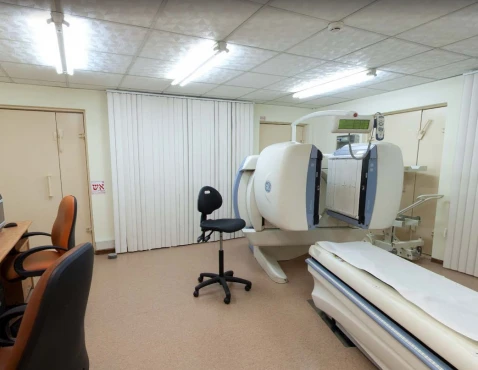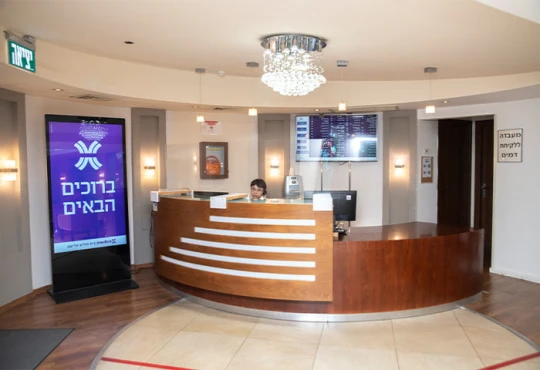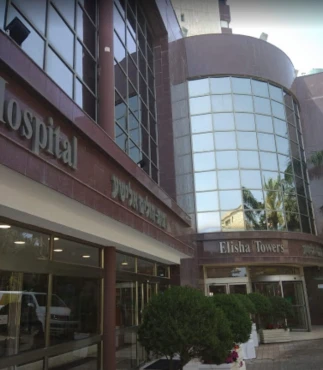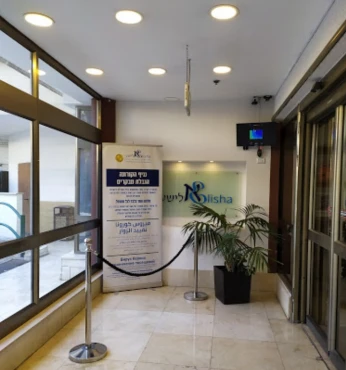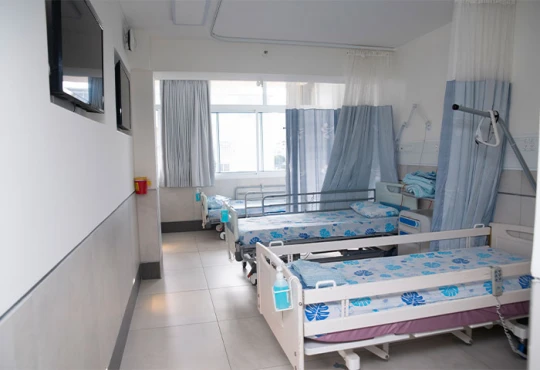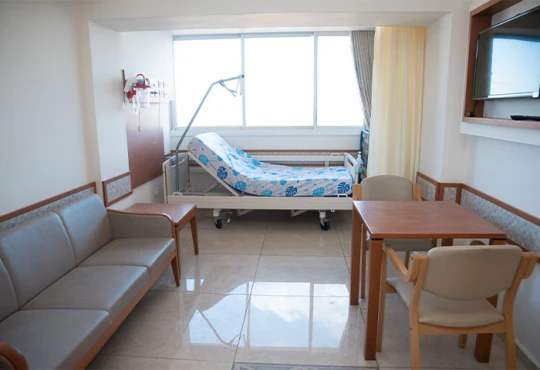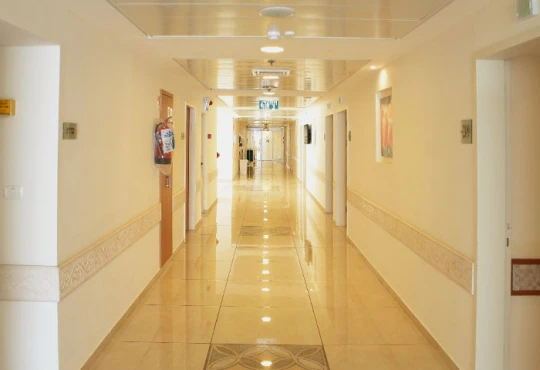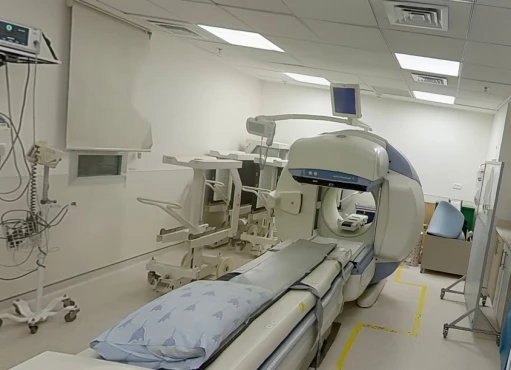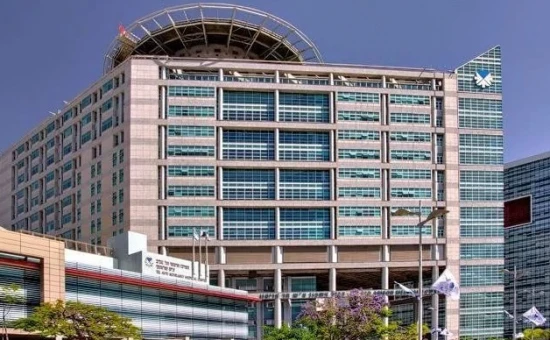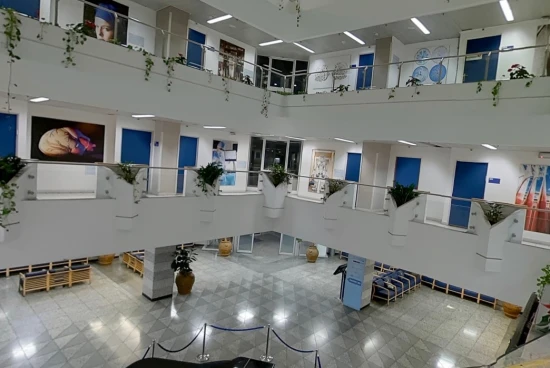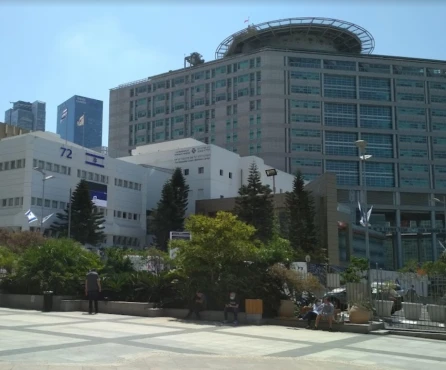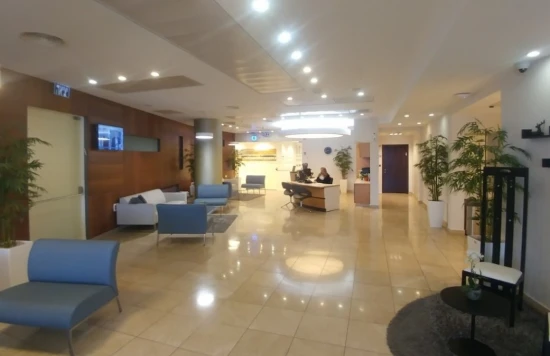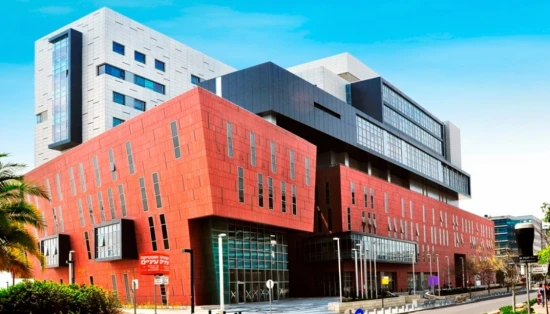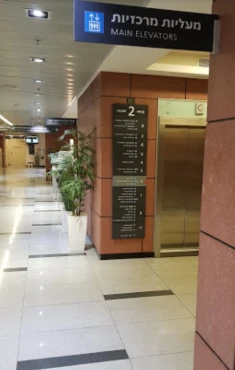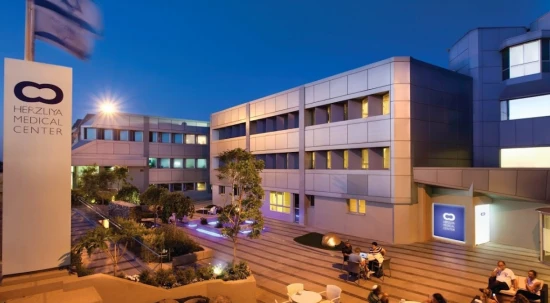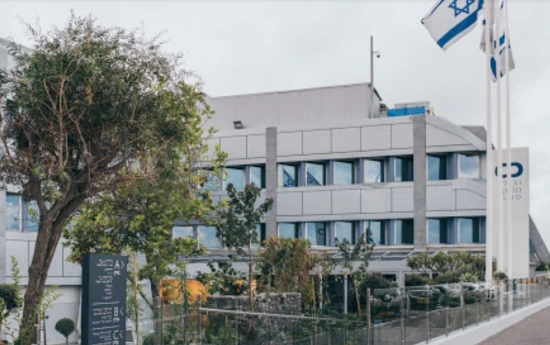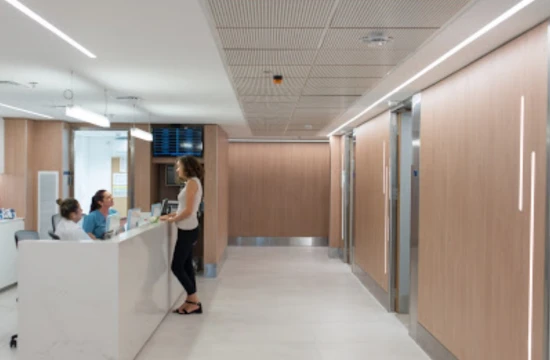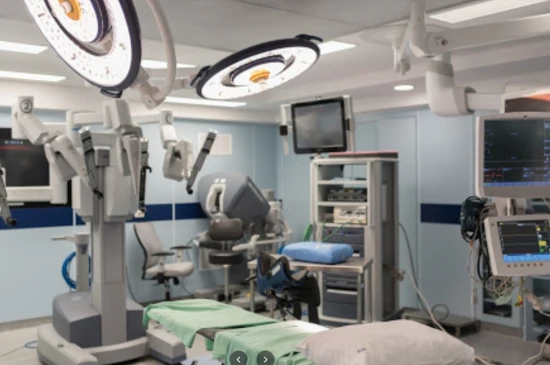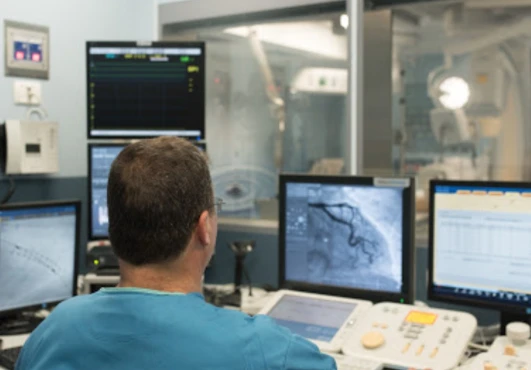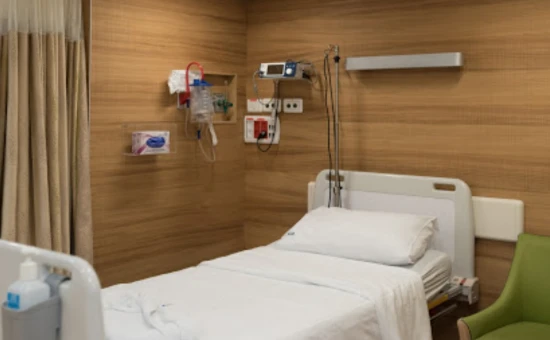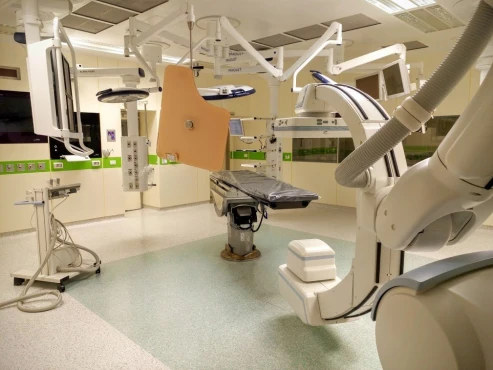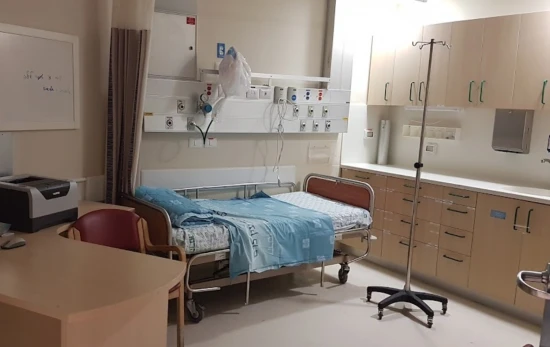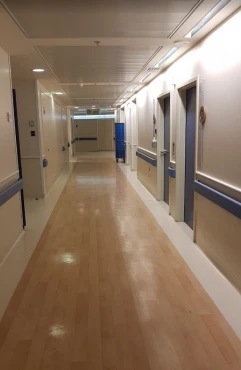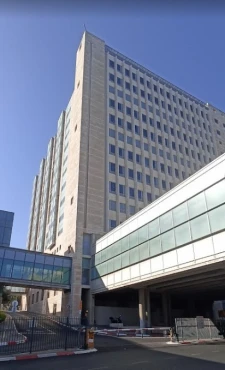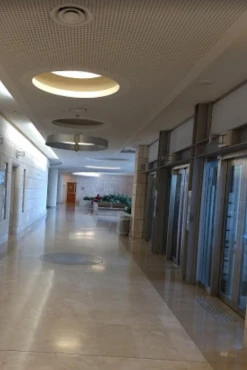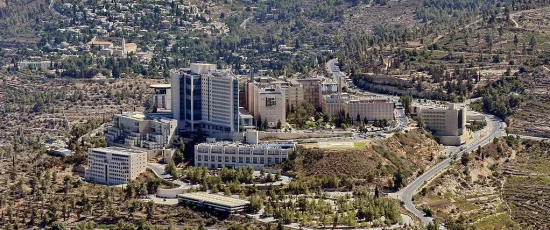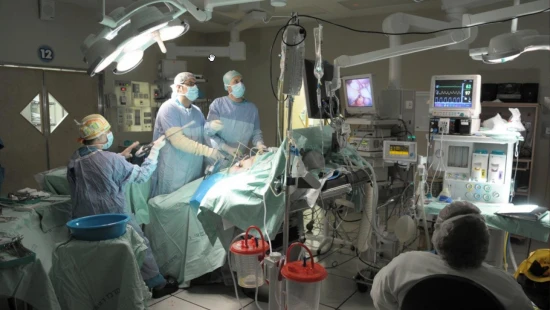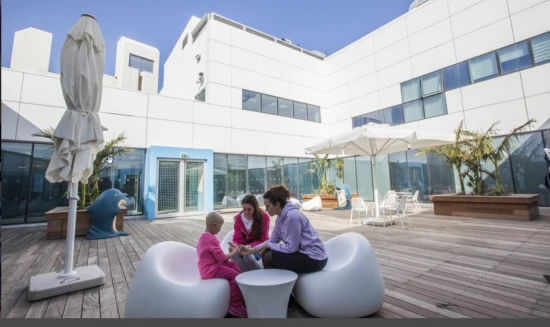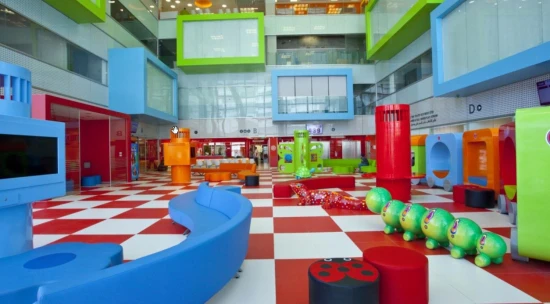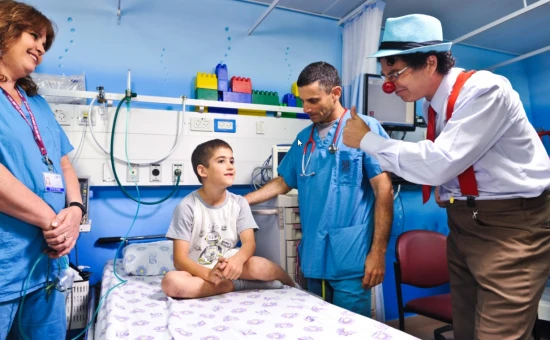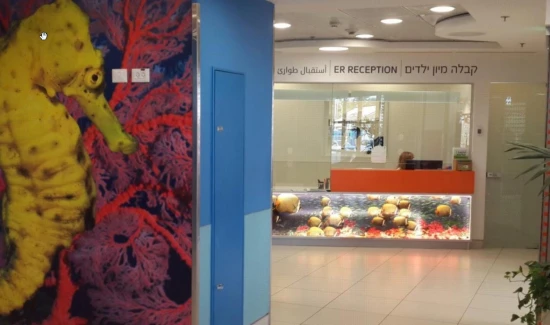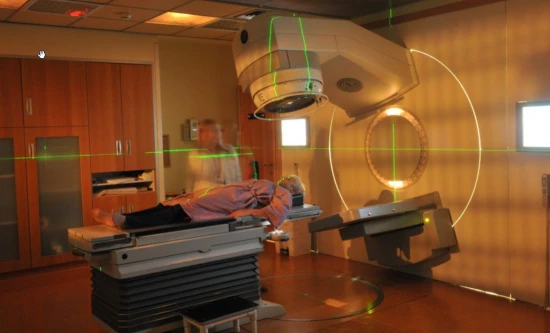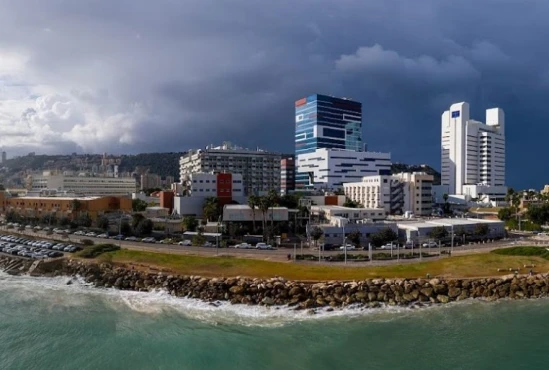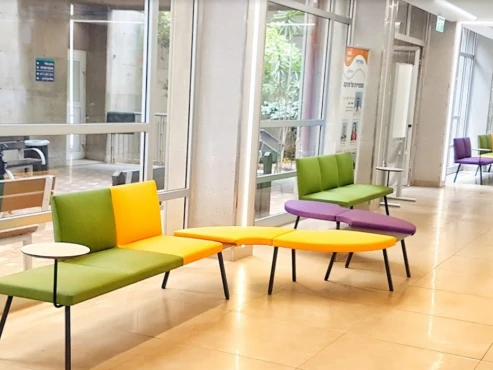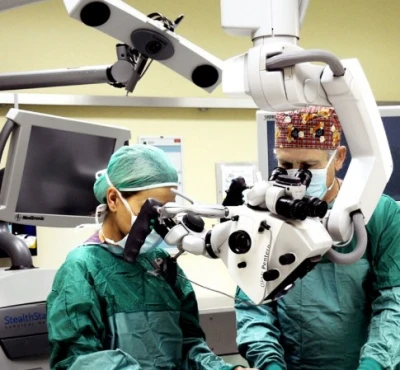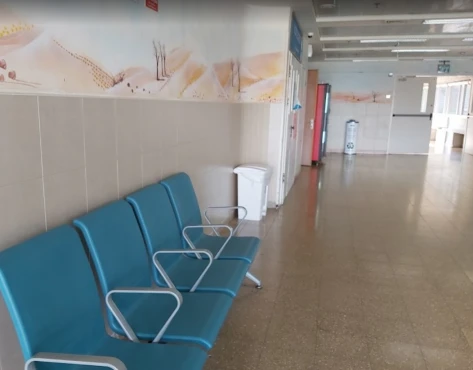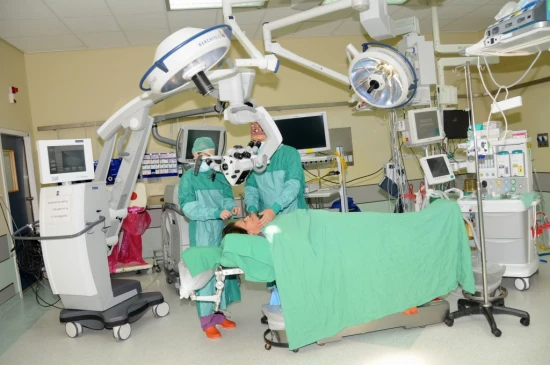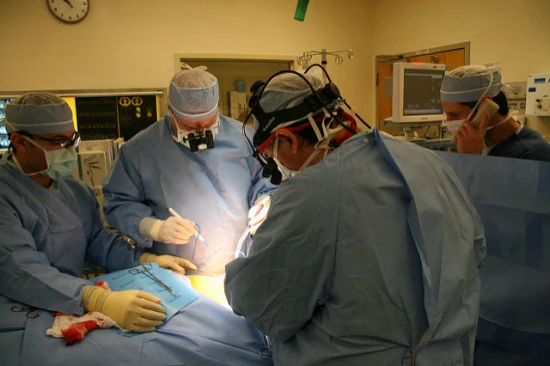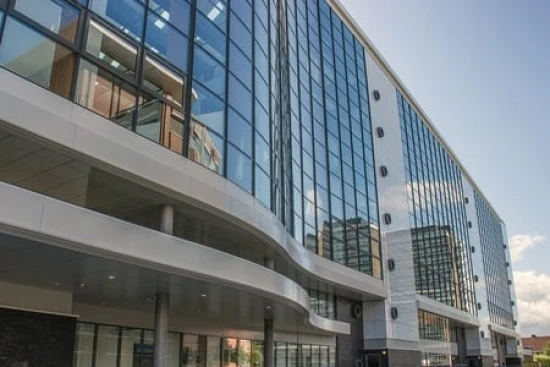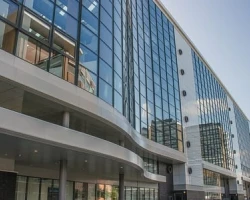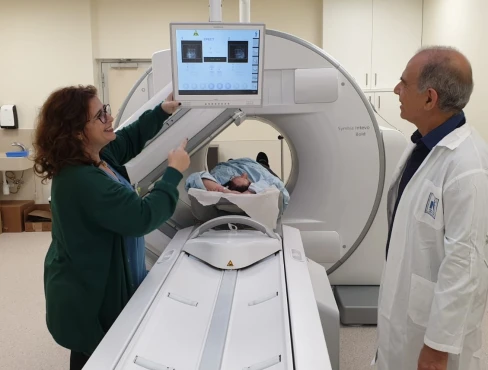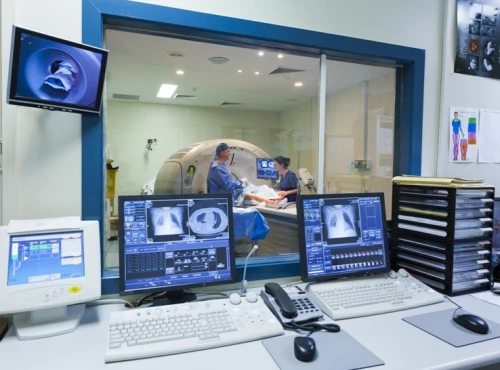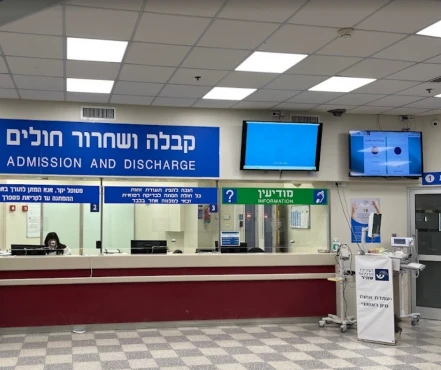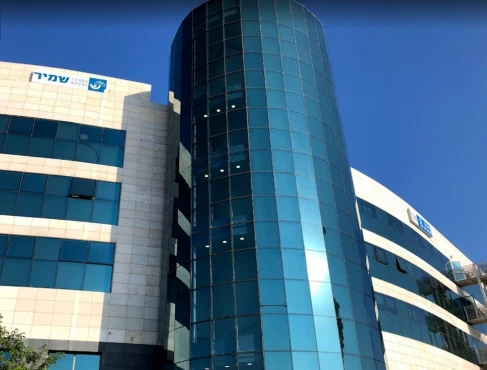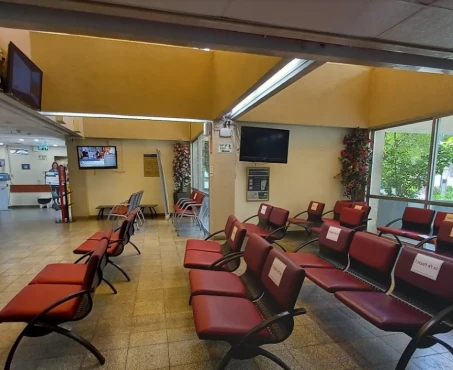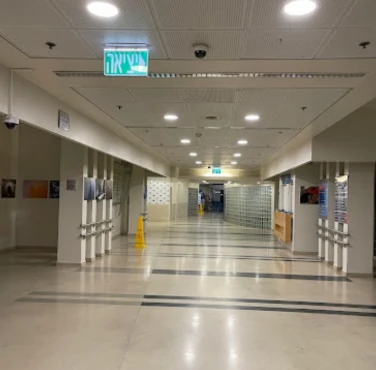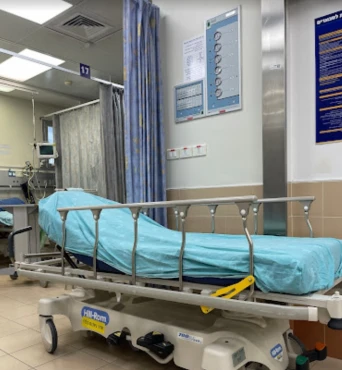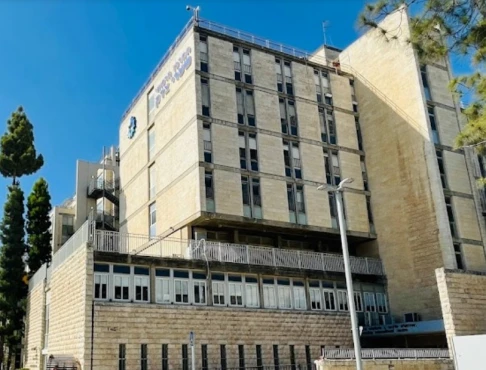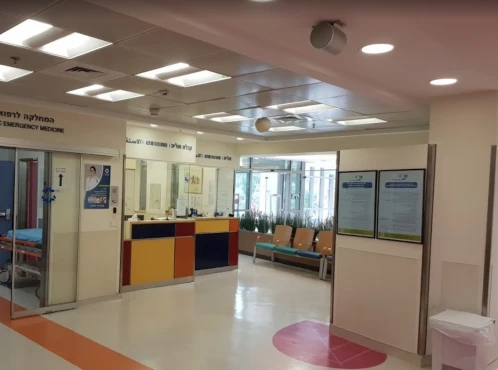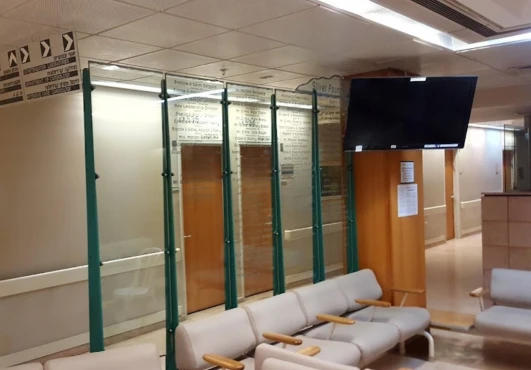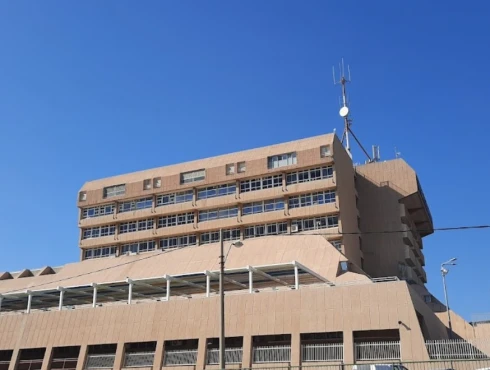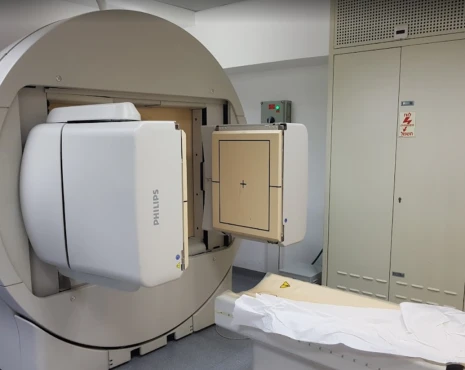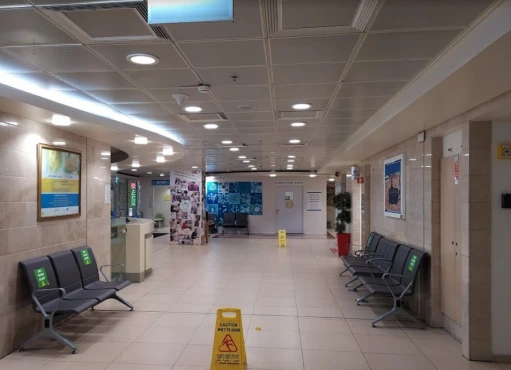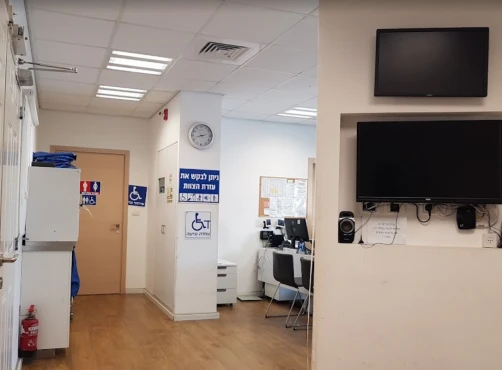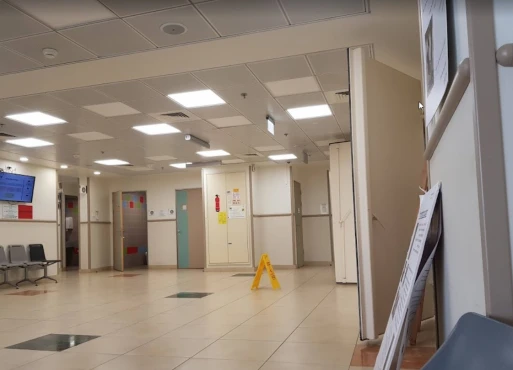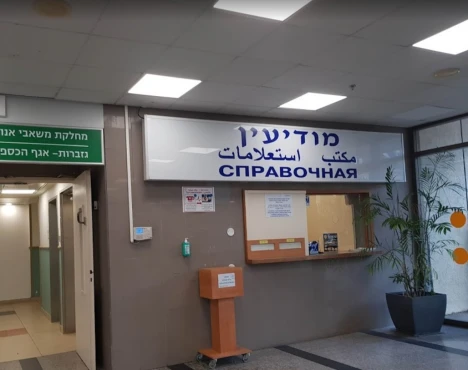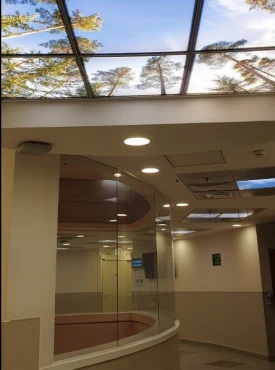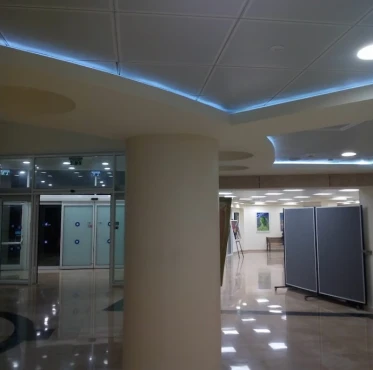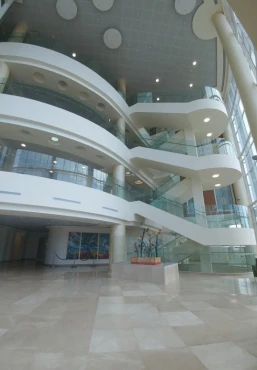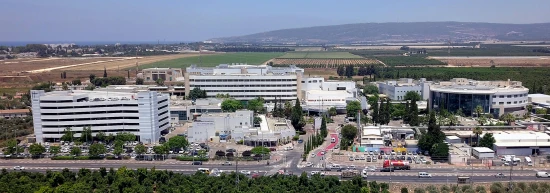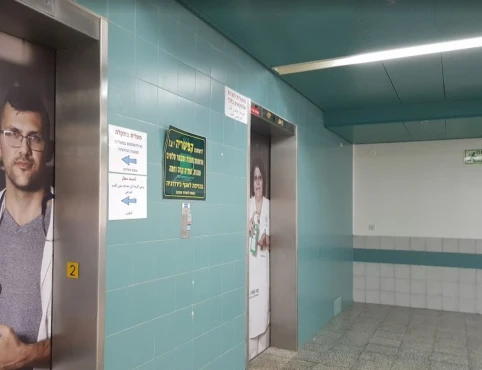Epilepsy treatment in 13 Neurosurgery and Oncology clinics in Israel
13 clinics specializing in Neurosurgery and Oncology providing treatment of
Epilepsy
Epilepsy is a neurological disorder characterized by recurrent and unpredictable seizures. It can cause disruptions in daily life, but with proper treatment, many people can manage and control their seizures effectively.
Read more...
disease in Israel.
Sorted by:
Relevance
Rating
Relevance
Prices for popular procedures:
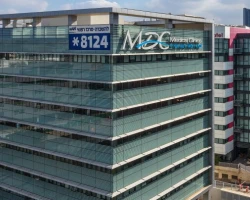
Tel Aviv, Israel
Specializations: Cardiac surgery, Vascular surgery, Thoracic surgery, Neurosurgery, Spine surgery, Orthopedic surgery, Oncology
Languages: English, Russian
Possessing the highest qualifications, the clinic staff strictly adheres to the principle of an individual approach, both from the side of medicine and from the
read more
Prices for popular procedures:
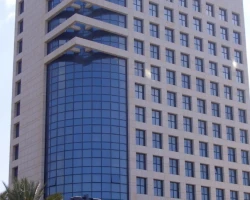
Tel Aviv, Israel
Specializations: Cardiac surgery, Vascular surgery, Neurosurgery, Spine surgery, Orthopedic surgery, Oncology
Languages: Russian, English
The Ramat Aviv Medical Center is a modern and sophisticated, privately owned medical facility. It is located in the Ramat Aviv mall, in one of
read more
Prices for popular procedures:
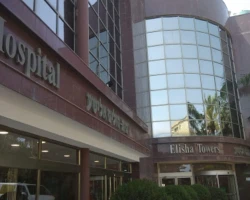
Haifa, Israel
Specializations: Cardiac surgery, Vascular surgery, Thoracic surgery, Neurosurgery, Spine surgery, Orthopedic surgery, Oncology
Languages: Arabic, English, Russian
Elisha Hospital is the largest and leading private hospital in the north of the country, a hospital that provides integrated medical solutions at the highest
read more
Prices for popular procedures:
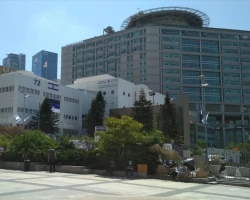
Tel Aviv, Israel
Specializations: Cardiac surgery, Vascular surgery, Thoracic surgery, Neurosurgery, Spine surgery, Orthopedic surgery, Oncology
Languages: English, Russian
Tel Aviv Sourasky Medical Center (Ichilov) is Israel’s leading multidisciplinary healthcare institution, globally recognized as a front-runner in the field of medical tourism. Every year,
read more
Prices for popular procedures:
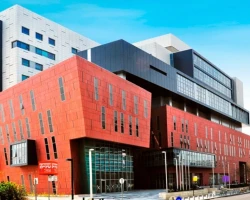
Tel Aviv, Israel
Specializations: Cardiac surgery, Vascular surgery, Thoracic surgery, Neurosurgery, Spine surgery, Orthopedic surgery, Oncology
Languages: English, Russian, Ukrainian
Assuta is the largest private hospital in the country. Every year the clinic receives several hundred thousand Israelis and patients from all over the world
read more
Prices for popular procedures:
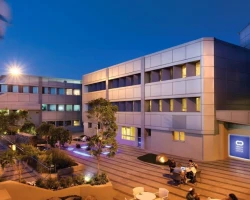
Herzliya, Israel
Specializations: Cardiac surgery, Vascular surgery, Thoracic surgery, Neurosurgery, Spine surgery, Orthopedic surgery, Oncology
“Herzliya Medical Center” Private Hospital is one of the leading medical institutions in Israel, founded in 1983 with the aim of creating a medical institution
read more
Prices for popular procedures:
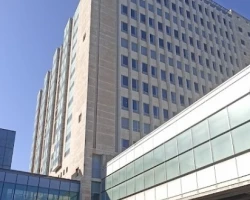
Jerusalem, Israel
Specializations: Cardiac surgery, Vascular surgery, Thoracic surgery, Neurosurgery, Spine surgery, Orthopedic surgery, Oncology
With over 130 departments and clinics, Hadassah Ein Kerem provides Israel's most advanced diagnostic and therapeutic services for the local and national population and a
read more
Prices for popular procedures:

Haifa, Israel
Specializations: Cardiac surgery, Vascular surgery, Thoracic surgery, Neurosurgery, Spine surgery, Orthopedic surgery, Oncology
Languages: Arabic, English, Russian
Rambam Health Care Campus is a 1000-bed world-class teaching hospital. The patient population is diverse, as Rambam is the major tertiary (referral) medical center for
read more
Prices for popular procedures:
Prices for popular procedures:
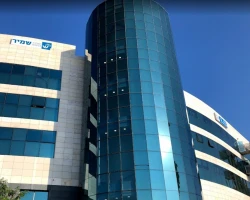
Rishon LeẔiyyon, Israel
Specializations: Cardiac surgery, Vascular surgery, Thoracic surgery, Neurosurgery, Spine surgery, Orthopedic surgery, Oncology
Languages: English, Russian
The Shamir Medical Center (Assaf Harofeh) is the fourth largest government university hospital in Israel and the main one in the Shefela area. The outpatient,
read more
Prices for popular procedures:
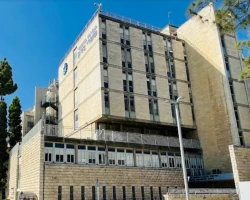
Jerusalem, Israel
Specializations: Cardiac surgery, Vascular surgery, Thoracic surgery, Neurosurgery, Spine surgery, Orthopedic surgery, Oncology
Languages: Arabic, English, Russian
Shaare Zedek is the largest multi-disciplinary medical center in Jerusalem, offering advanced services in most specialties. With a constant commitment to improve and provide our
read more
Prices for popular procedures:
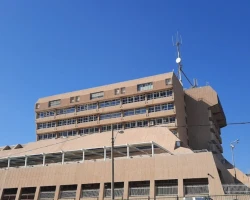
Haifa, Israel
Specializations: Cardiac surgery, Vascular surgery, Thoracic surgery, Neurosurgery, Spine surgery, Orthopedic surgery, Oncology
Languages: English
Carmel Medical Center is the crown sitting atop the Carmel Mountain range; the urban and rural healthcare provider for a million Israelis, serving Haifa, the
read more
Prices for popular procedures:
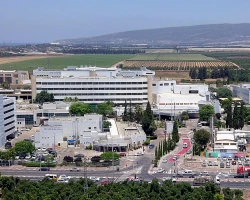
Nahariyya, Israel
Specializations: Cardiac surgery, Vascular surgery, Thoracic surgery, Neurosurgery, Spine surgery, Orthopedic surgery, Oncology
Galilee Medical Center (Hebrew: המרכז הרפואי לגליל, HaMerkaz HaRefu'i LaGalil), abbreviated GMC, is a hospital located in the coastal city of Nahariya and is the
read more
Clinics grouping by rating
Clinic with the highest rating of 4.4 — Herzliya Medical Center (HMC) in Herzliya, Israel and 1 more, clinic with the most reviews number of 1170 — Herzliya Medical Center (HMC) in Herzliya, Israel.
With rating 4.0 and over — 3 clinics .
Countries with the highest number of clinics treating the diseases:
Epilepsy:
worldwide
441 clinics
Brazil
34 clinics
India
33 clinics
Mexico
25 clinics
Germany
24 clinics
Colombia
23 clinics
Related procedures:
Procedures are likely to be used for Epilepsy treatment:
Deep brain stimulation (DBS),
Gamma Knife,
and
Transcranial magnetic stimulation (TMS) - per course
.
